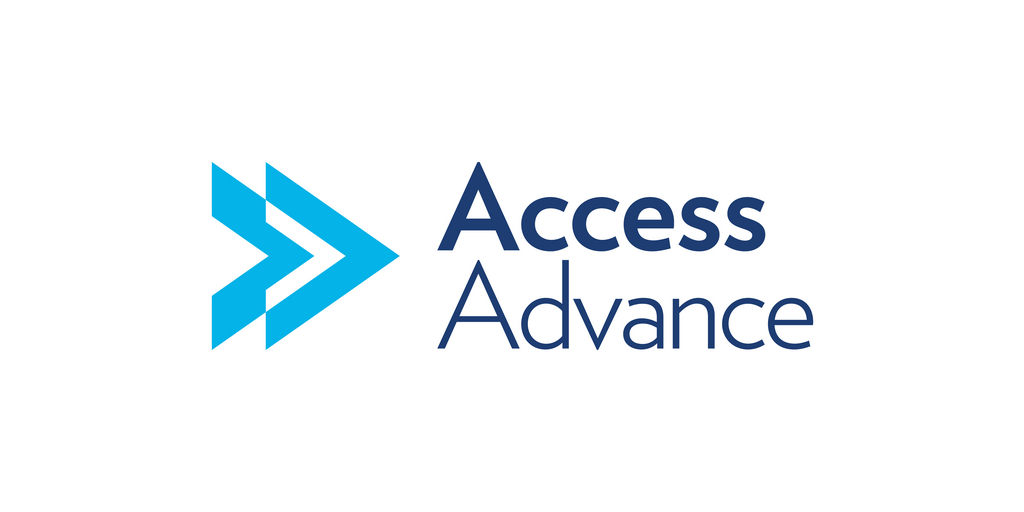AI is the Seventh Wave: How Generative AI and Agentic Systems Will Reshape Australian Tech

For decades, I've witnessed firsthand the seismic shifts within the technology industry. I've navigated six major waves of change – from the rise of minicomputers to the ubiquitous mobile and cloud computing we rely on today. Each wave brought a surge of innovation, creating opportunities for new players while simultaneously disrupting established giants. Now, we're facing the Seventh Wave – a revolution driven by the rapid advancements in Artificial Intelligence, particularly generative and agentic AI.
Let's take a quick trip down memory lane. The arrival of minicomputers challenged the dominance of mainframe systems. The personal computer democratized computing power, putting it into the hands of individuals. The internet connected the world, creating entirely new industries. Social media transformed communication and marketing. Mobile devices put the internet in our pockets, and cloud computing enabled unprecedented scalability and accessibility.
Each of these shifts wasn't just about new technology; it was about a fundamental change in how businesses operated, how people interacted, and how information was accessed. And each wave left a trail of disruption in its wake. Legacy companies that failed to adapt were often swept aside, while nimble startups capitalized on the new landscape.
So, what makes this Seventh Wave – the AI wave – so different? The key lies in the capabilities of generative and agentic AI. Generative AI, like ChatGPT and DALL-E, can create entirely new content – text, images, code, and more – with remarkable speed and quality. Agentic AI takes this a step further, enabling AI systems to autonomously perform tasks, make decisions, and even learn from their experiences. These aren't just incremental improvements; they're paradigm shifts.
The Impact on Australian Tech: The implications for the Australian technology sector are profound. We can expect to see AI integrated into virtually every industry, from healthcare and finance to agriculture and education. Businesses will leverage AI to automate tasks, improve efficiency, personalize customer experiences, and develop entirely new products and services. Consider these potential impacts:
- Increased Automation: Repetitive tasks across various industries will be automated, potentially impacting employment in some areas while creating new roles focused on AI management and development.
- Enhanced Productivity: AI-powered tools will empower workers to be more productive and efficient, leading to increased output and innovation.
- Personalized Experiences: Businesses will be able to deliver highly personalized products and services based on individual customer preferences and behaviours.
- New Business Models: The rise of AI will unlock entirely new business models, creating opportunities for Australian entrepreneurs to develop innovative solutions.
Navigating the Seventh Wave: For Australian businesses to thrive in this new era, they need to embrace AI strategically. This means investing in AI talent, experimenting with AI tools, and developing a clear AI strategy that aligns with their business goals. It also requires a willingness to adapt and evolve as the technology continues to develop at a rapid pace. The companies that proactively embrace AI will be the ones that not only survive but flourish in the Seventh Wave.
The future of Australian technology is inextricably linked to AI. The time to prepare for this transformation is now. Are you ready to ride the wave?






